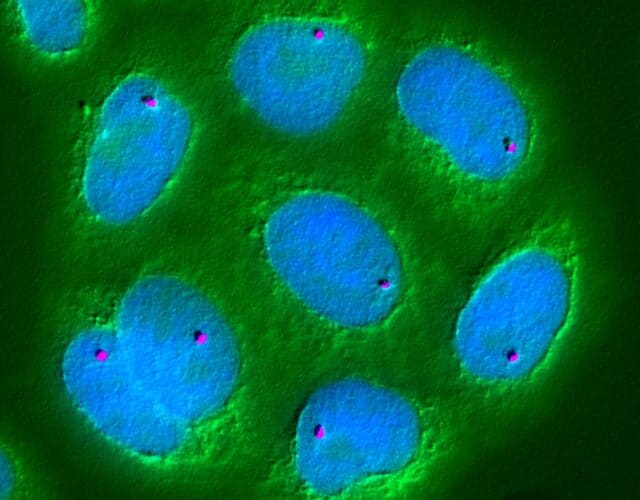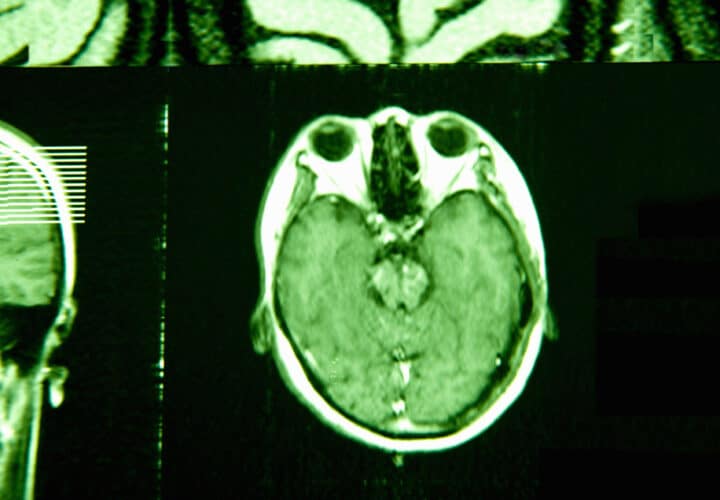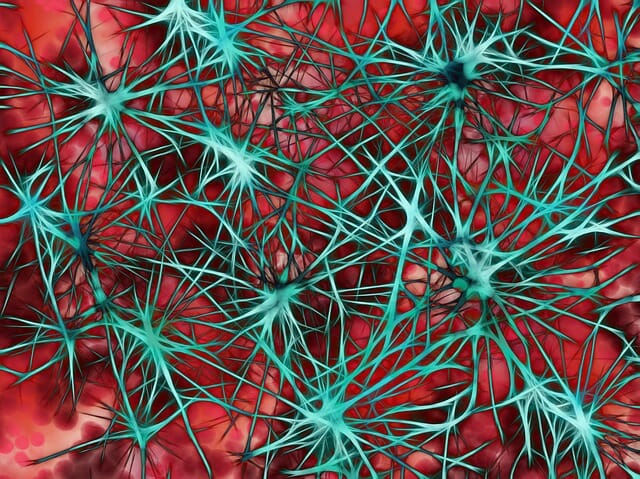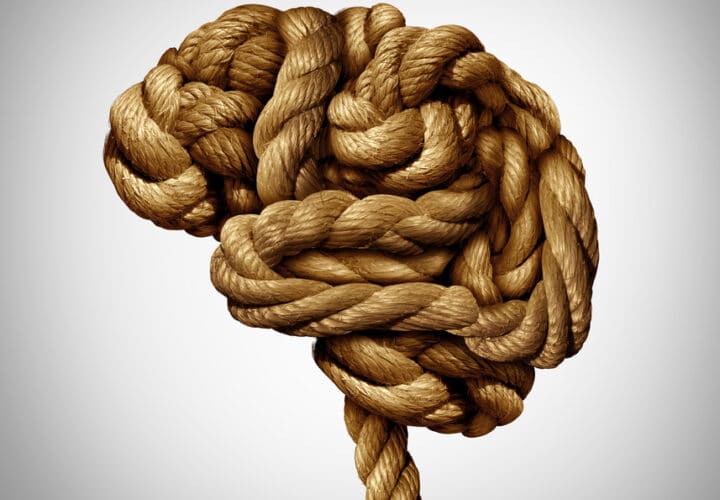A research team at the Korea Brain Research Institute discovered, for the first time, an increased specific expression of the Ube2h gene in the blood of people living with Alzheimer's.
A new study published in International Journal of Molecular Sciences (IJMS) links certain enzymes with degenerative brain diseases, which could mean scientists and drugmakers now have a new biomarker for the diagnosis of Alzheimer’s and dementia.
To maintain homeostasis, our body continually creates and breaks down protein. Once the proteins in a cell reach the end of their lifespan, a small protein called ubiquitin attaches to them and, in a process called ubiquitination, they are broken down. If something goes awry during this protein degradation process, extra proteins accumulate inside our cells, leading to cancer and other diseases.
A Korean research team discovered that one of the enzymes critical to this degradation of protein cells, an enzyme called E2, is over-expressed in both people and mice with Alzheimer’s. That led them to the consistent increased expression of Ube2h.
Scientists studied the impact on known biomarkers, such as the tau protein, when Ube2h was suppressed, and their findings suggest that Ube2h is able to regulate the expression of Alzheimer’s-related proteins.
Now, the researchers say, Ube2h should be studied further as a possible new diagnostic indicator, and thereby, a possible new route to an Alzheimer’s cure.
“We are working to discover Alzheimer’s Disease-specific genes using next-generation sequencing (NGS) and to make use of such findings by establishing a big data set,” said Dr. Jae-Yeol Joo, a senior researcher at KBRI. “For the research community, we will provide a platform for follow-up research. For industry, we hope our technology can be applied to ensure the quick and precise diagnosis and treatment of dementia.”
A patent has been filed for an Alzheimer’s diagnosis and treatment method that would center on the detection of the Ube2h gene. Next steps for the team include transferring this technology to companies to help facilitate the development of diagnosis kits that utilize this possible new approach.





